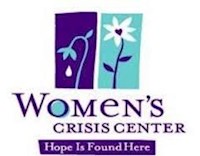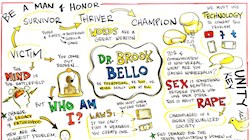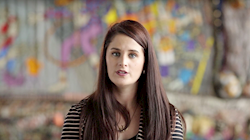Women's Crisis Center
http://www.wccky.org/
Volunteer Opportunities: Yes
History
Established in 1976 as the Rape Crisis Center of Northern Kentucky, Women's Crisis Center (WCC) was formed to provide a 24-hour crisis hotline, crisis intervention, advocacy, community education, counseling and support services for rape survivors. In 1979, the name was changed to reflect additional services being provided to battered women and their children. In WCC's early days, women and children were sheltered in private homes within the community.
The first residential shelter for battered women opened in Northern Kentucky in 1981. In 2000, the Northern Kentucky shelter moved into a new facility that accommodates up to 30 women and children. In 1987, a walk-in office opened in Maysville, KY along with a shelter in the same location with the capacity to house six women and children. A new state-of-the art shelter opened in 2005 in Maysville, KY. This beautiful residential shelter can accommodate up to 26 women and children.
WCC has grown from a grassroots organization into an agency with 55 professionally skilled employees and over 100 well-trained volunteers. The community served has grown to include 13 counties in Northern Kentucky and Buffalo Trace Area Development Districts (Boone, Campbell, Carroll, Gallatin, Grant, Kenton, Owen, Pendleton, Bracken, Fleming, Lewis, Mason and Robertson County). In addition to operating the only two state certified residential domestic violence shelters within the 13 counties aforementioned, WCC also has six walk-in offices located in Carrollton, Covington, Hebron, Maysville, Vanceburg and Williamstown.
WCC is a 501(c)(3), non-profit social service agency committed to lead our community in the social change needed to end domestic violence, rape, sexual abuse and human trafficking. Services are provided confidentially and at no cost to our clients.
WCC continues to be a leader in innovative programs that are modeled and recognized on both statewide and national levels.
Mission
To lead our community in the social change needed to end domestic violence, rape and sexual abuse











